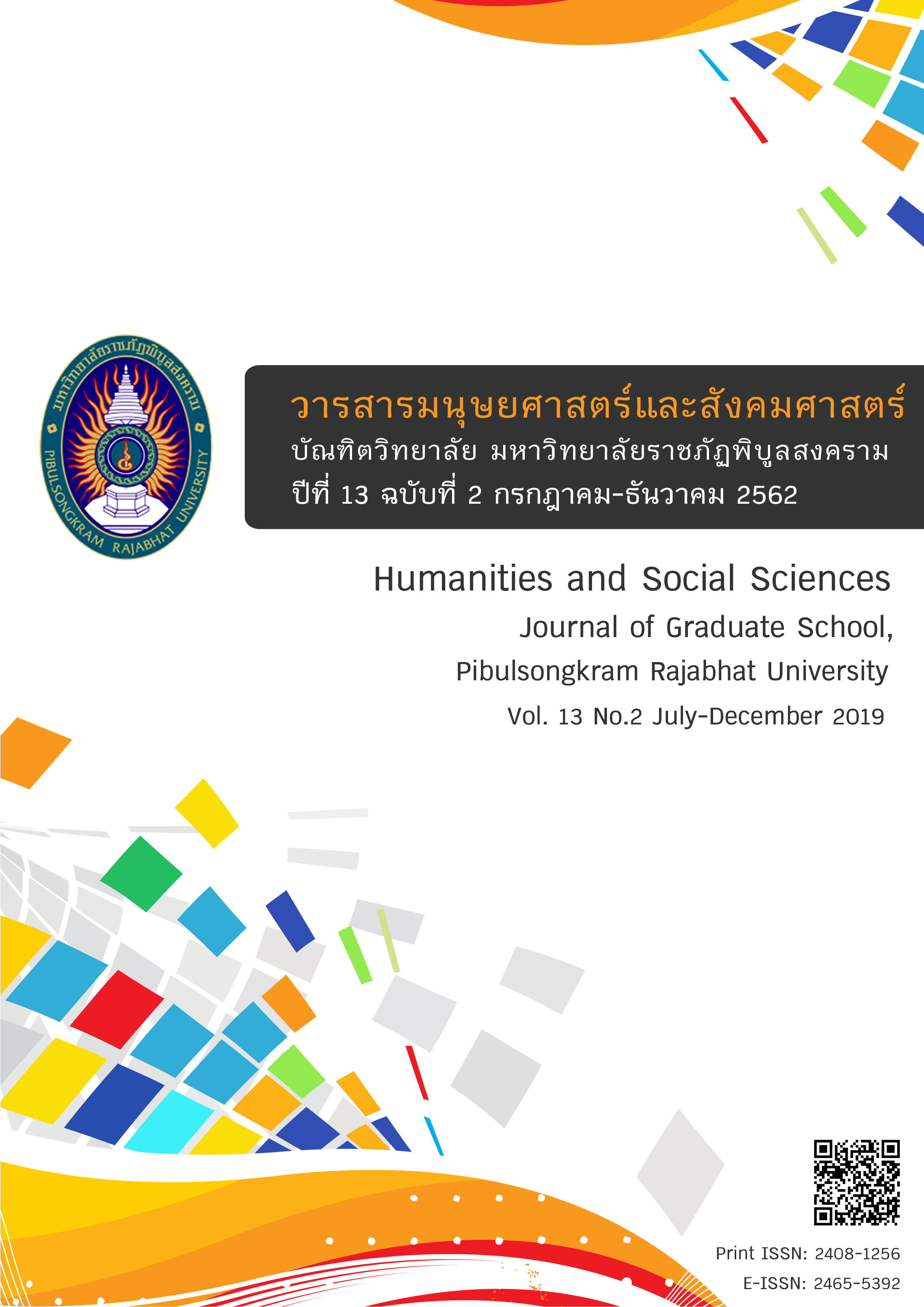Case Management of the Court of Justice for Drunk Driving Problem Solving
Keywords:
Case management, Court of justice, Drunk drivingAbstract
The purpose of this research is to: 1) study the major problems in the current administration of the drunk driving cases of the judges and the judicial service officers in the Court of Justice, and 2) propose an administrative model for drunk driving cases for the judges and judicial service officers of the Court of Justice in order to resolve the drunk driving problem. The samples of the research included judicial officers, judges and judicial service officers, at management level and operational level of the Court of Justice and of the first three courts which had the most drunk driving cases in the year 2017. Representatives from civil society sector and the director of the probation office were also included in the sample, the total of 40 samples were in-depth interviewed. Content analysis was conducted for the key problems and recommendations indication from the findings. A data synthesis was also conducted to propose the administrative model for the drunk driving case designed for the judges and judicial service officers aiming to the effectiveness in solving the drunk driving problem. Research findings in the problematic issues in the administration of the drunk driving cases of the judges and the judicial service officers showed that 1) lack of policy to specifically separate the administration of drunk driving cases from other cases, 2) lack of policy for social problems solving coalition whilst no target setting to reduce drunk driving cases 3) lack of earnest cooperation within organization and with other organization 4) no adoption nor utilization of marketing and communications for public sector principle and 5) no implementation of information technology for recidivism record checking, and for offender rehabilitation follow-up which is deemed as an important process in solving the drunk driving problem. The effective drunk driving case administrative model requires, 1) Policy setting for case administrative with aims to solve the social problem and to rehabilitate the offenders’ behavior 2) Procedure setting for defendant provisional release (bail) 3) Guideline setting for collaboration building between all concerned units in order to jointly solve the drunk driving problem 4) Intensification of public relations and campaign about the impact and the punishment of drunk driving 5) Implement an updated and common information technology system throughout the organization countrywide for the record checking and offender rehabilitation purposes.
References
พงษ์เทพ จันทสุวรรณ. (2553). ประสิทธิผลองค์การ: ปฏิบทแห่งมโนทัศน์. วารสารร่มพฤกษ์, 28, 135-182.
เรืองวิทย์ เกษสุวรรณ. (2554). ความรู้เบื้องต้นเกี่ยวกับรัฐประศาสนศาสตร์. กรุงเทพฯ: บพิธการพิมพ์.
เรืองวิทย์ เกษสุวรรณ. (2556). การจัดการภาครัฐแนวใหม่. กรุงเทพฯ: บพิธการพิมพ์.
ลาชิต ไชยอนงค์. (2556). ธรรมาภิบาล วัฒนธรรมองค์การ กับประสิทธิผลองค์การของศาลยุติธรรม:ตัวแบบสมการโครงสร้าง (วิทยานิพนธ์ปรัชญาดุษฎีบัณฑิต) มหาวิทยาลัยเกริก, กรุงเทพฯ.
วรรณา พัฒนาศิริ. (2555). กระบวนการยุติธรรมกับการแก้ปัญหาเมาแล้วขับ. หลักสูตร ผู้พิพากษาศาลผู้บริหารในศาลชั้นต้น รุ่นที่ 10. สถาบันพัฒนาข้าราชการฝ่ายตุลาการศาลยุติธรรม สำนักงานศาลยุติธรรม. สืบค้น 9 ธันวาคม 2561, จาก https://elib.coj.go.th/Ebook/data/judge_report/
jrp2555_10_122.pdf
อุษา บิ้กกิ้นส์. (2556). ปัจจัยที่มีผลต่อพฤติกรรมเมาแล้วขับและการเปิดรับสื่อของผู้ขับขี่รถจักรยานยนต์ในเขตกรุงเทพมหานคร. วารสารสุทธิปริทัศน์ มหาวิทยาลัยธุรกิจบัณฑิตย์, 27(82), 41-60.
Deil S. Wright. (2004). Intergovernmental Relations, and Intergovernmental Management: Historical Reflections and Conceptual Comparisons. in Shafritz, Jay, M. & Hyde, A. C. (2007). Classics of Public Administration. Wadsworth: Cengage Learning. pp. 508-523.
Philip, K., & Kevin, L. K. (2007). A framework for marketing management. Upper Saddle River, N.J. : Pearson/Prentice Hall.
Steers, R. M. (1977). Organization Effectiveness. California: Goodyear Publishers.
World Health Organization [WHO]. (2007). Adolescent Pregnancy Unmet Needs and Undone Deeds: A Review of the Literature and Programs [Electronic Resource]. Retrieved June 19, 2010, from https://whqlibdoc.who.int/publications/2007/9789241595650_eng.pdf.
Downloads
Published
How to Cite
Issue
Section
License
Any articles or comments appearing in the Journal of Humanities and Social Sciences, Rajabhat Phibulsongkram University, are the intellectual property of the authors, and do not necessarily reflect the views of the editorial board. Published articles are copyrighted by the Journal of Humanities and Social Sciences, Rajabhat Phibulsongkram University.









